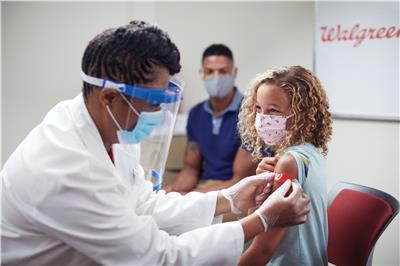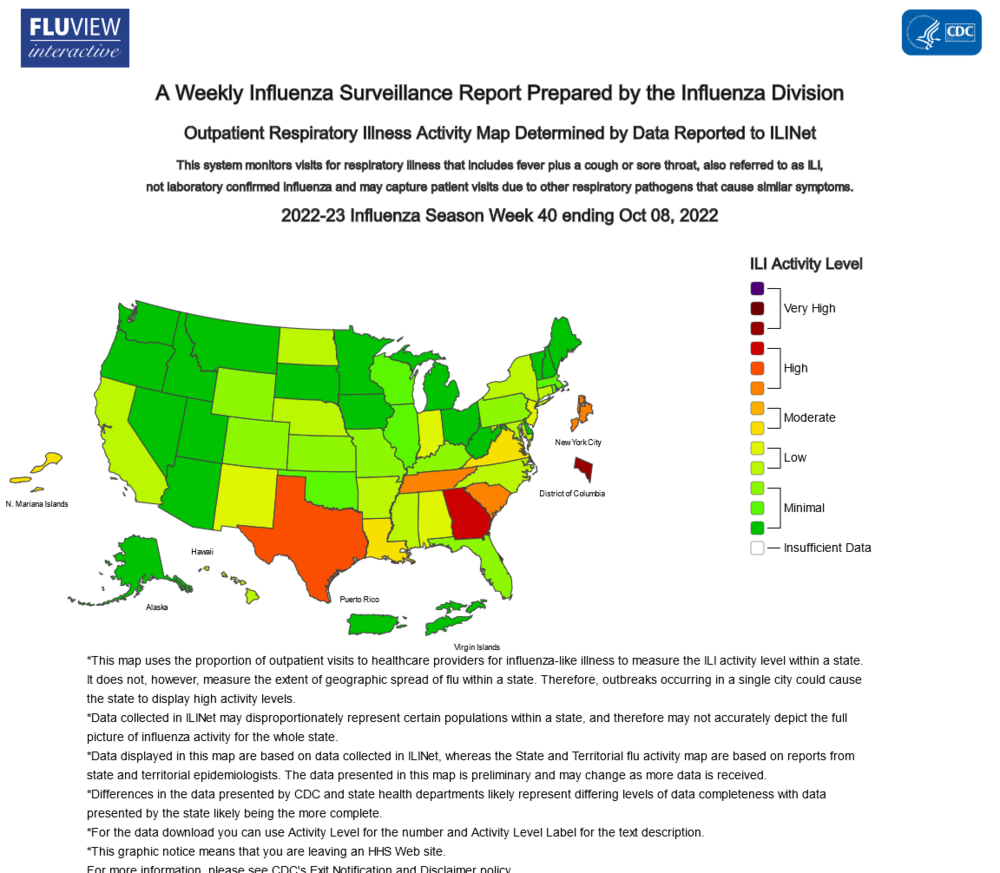
Caption
Walgreens is now offering flu shots for anyone aged 3 years and up at nearly 9,000 store locations nationwide. To help save families a trip, Walgreens pharmacists are co-administering flu shots and other recommended vaccines during a single visit.
Credit: Business Wire via AP


